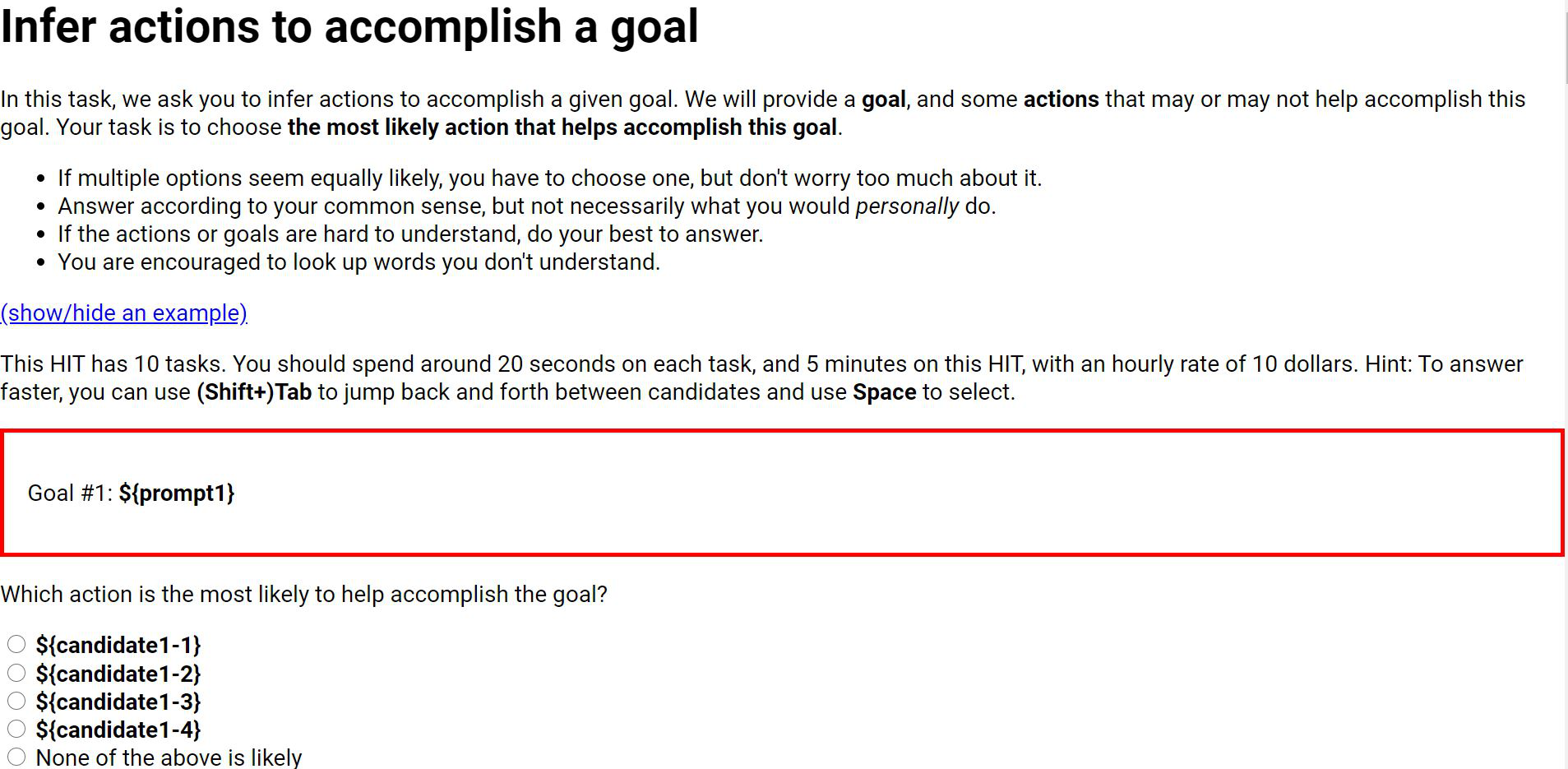Precise Task Formalization Matters in Winograd Schema Evaluations
Haokun Liu, William Huang, Dhara Mungra, Samuel R. Bowman
Semantics: Sentence-level Semantics, Textual Inference and Other areas Short Paper

You can open the pre-recorded video in a separate window.
Abstract:
Performance on the Winograd Schema Challenge (WSC), a respected English commonsense reasoning benchmark, recently rocketed from chance accuracy to 89% on the SuperGLUE leaderboard, with relatively little corroborating evidence of a correspondingly large improvement in reasoning ability. We hypothesize that much of this improvement comes from recent changes in task formalization—the combination of input specification, loss function, and reuse of pretrained parameters—by users of the dataset, rather than improvements in the pretrained model’s reasoning ability. We perform an ablation on two Winograd Schema datasets that interpolates between the formalizations used before and after this surge, and find (i) framing the task as multiple choice improves performance dramatically and (ii)several additional techniques, including the reuse of a pretrained language modeling head, can mitigate the model’s extreme sensitivity to hyperparameters. We urge future benchmark creators to impose additional structure to minimize the impact of formalization decisions on reported results.
NOTE: Video may display a random order of authors.
Correct author list is at the top of this page.
Connected Papers in EMNLP2020
Similar Papers
Reasoning about Goals, Steps, and Temporal Ordering with WikiHow
Li Zhang, Qing Lyu, Chris Callison-Burch,

oLMpics - On what Language Model Pre-training Captures
Alon Talmor, Yanai Elazar, Yoav Goldberg, Jonathan Berant,

Syntactic Structure Distillation Pretraining for Bidirectional Encoders
Adhiguna Kuncoro, Lingpeng Kong, Daniel Fried, Dani Yogatama, Laura Rimell, Chris Dyer, Phil Blunsom,

